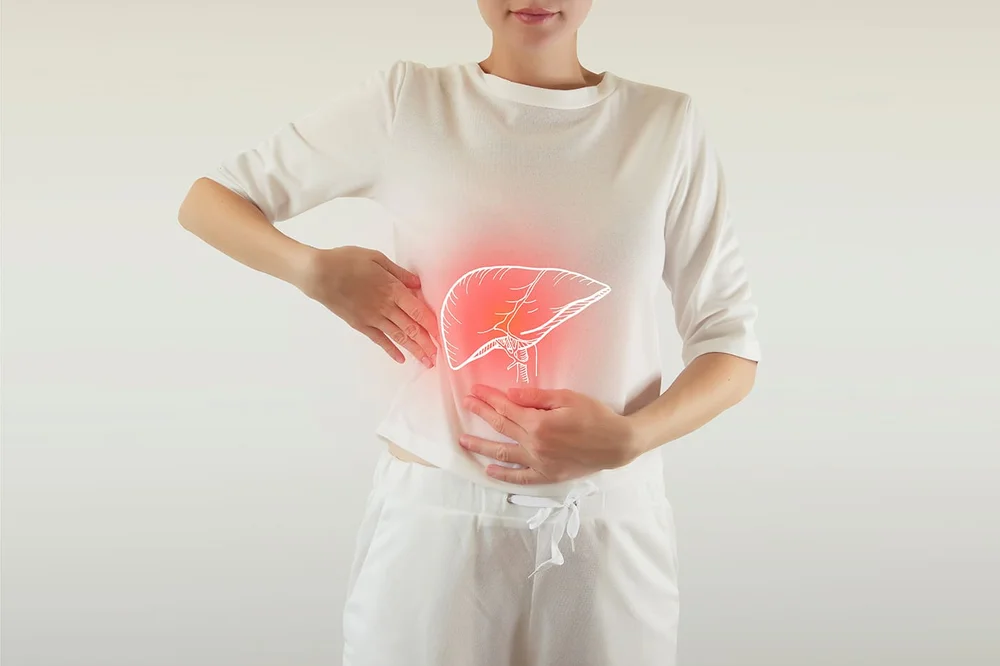Here Are 3 of the Top Health Benefits of Apple Cider Vinegar
It may seem like a new fad, but apple cider vinegar (ACV) has been valued as a health remedy for millennia. The Babylonians made vinegars for culinary and healing purposes up until the 6th Century B.C. Greek physician Hippocrates, considered the father of medicine, documented the use of ACV in combination with honey to combat infection and help protect open skin wounds.
Today, natural health enthusiasts are touting ACV as a panacea health food, claiming it supports weight loss, healthy blood sugar levels, skin health, digestive issues, detoxification, and more.
Below are several health benefits of apple cider vinegar – some backed by research, and others yet to be proven.
But before we get to that, let’s discover what exactly ACV is!
What Is Apple Cider Vinegar (ACV)?

Additionally, organic unfiltered apple cider vinegar contains what’s called “the mother,” which appears as natural strands that form within the vinegar, giving it a murky color. It’s loaded with health-promoting probiotics. ACV is rich in B-vitamins and polyphenols, and contains several minerals, enzymes, and amino acids.
Apple cider vinegar is typically used in salad dressings, marinades, pickling, baking, and cooking. For health purposes, a teaspoon or tablespoon of ACV is usually diluted in water to drink or use topically.
3 of the Top Health Benefits of Apple Cider Vinegar!
While the research on apple cider vinegar’s health benefits is limited, below are the most notable health benefits that science supports.
1. Helps Stabilize Blood Sugar Levels
Although a healthy diet low in sugar and refined carbohydrates is the best way to naturally support healthy blood sugar levels, ACV may provide additional help.
A small study published in Diabetes Care suggested that taking ACV with a high carb meal could improve insulin sensitivity by 19-34%, as well as support healthier blood sugar levels and insulin response.
Another study showed that when subjects with blood sugar issues took 2 tablespoons of apple cider vinegar before bed (diluted), their fasting blood sugar levels went down by 4% the following morning!
2. Antimicrobial Action
Research shows that ACV has potent antimicrobial properties – on certain bacteria, yeast, and fungal growths. Hence, it has a long history of being used as a disinfectant and natural preservative in pickling and foods.
Its antimicrobial action also can be beneficial to human health. Traditionally, ACV has been used to help clear up nail fungal growth, promote wound and skin healing, and as a mouthwash. Some suggest that it can be helpful in fighting fungi and bacteria that may play a role in scalp and skin health issues too.
3. Aids Weight Loss
Consuming vinegar appears to increase feeling of fullness, which can lead to taking in fewer calories and losing weight.
A Japanese study involving 175 obese subjects found that consumption of vinegar was associated with reduced body weight (albeit modest), visceral and subcutaneous fat mass, and even triglyceride levels – all without causing adverse effects.
Another study showed that subjects who took vinegar with a high-carb meal felt fuller, which lead to consuming fewer calories and weight loss.
A 2018 study using apple cider vinegar randomly assigned subjects to follow a calorie deficit diet for 12 weeks with and without ACV. Both groups lost weight, but the apple cider vinegar group lost more.
Additional Purported Benefits of ACV
While no human studies have proven these additional health benefits of ACV, traditional use and anecdotal evidence suggest they may be valuable to human health. These other purported benefits of ACV include:
- Animal studies indicate that apple cider vinegar may help to lower cholesterol and triglyceride levels, as well as several other heart health issue risk factors, such as healthy blood pressure
- Polyphenols may help to alleviate joint pain and swelling. Some believe that ACV’s high polyphenol content and anti-inflammatory properties could help people who suffer with joint pain.
- The probiotics present in ACV are thought to help support healthy digestion and gut health.
How to Safely Drink ACV
Recommendations for the best time to drink ACV vary. Some health experts suggest having it first thing in the morning as it helps to populate your gut with healthy bacteria and supports a balanced and nourished microbiome. Others suggest taking a tablespoon or two after meals.
Though health experts generally see ACV in the diet as safe, there are a few caveats:
- ACV should be diluted. Its high acidity can damage tooth enamel or cause stomach upset when taken “straight.” Consuming it diluted in water or in a vinaigrette salad dressing is preferable.
- It can cause or worsen low potassium levels. This is especially important to note for those who take medications that also affect potassium levels.
- Vinegar can affect insulin levels. People with blood sugar issues should consult a doctor before increasing vinegar in their diet.
Try ACV!
The best way to experience the benefits of ACV is to try it, take it consistently, and adhere to the caveats. Be sure to talk to a medical doctor before taking ACV!
At BrainMD, we’re dedicated to providing the highest purity nutrients and standardized herbal ingredients to support your energy, focus and overall well-being. For more information about our full list of supplements, please visit us at BrainMD.
- Here Are Some of the Best Tension Release Exercises to Help You Feel Your Best! - April 17, 2024
- Foodscaping: How to Grow Healthy Foods In Your Own Garden! - April 12, 2024
- Eat Your Fruits and Veggies (Don’t Drink Them) - March 29, 2024



